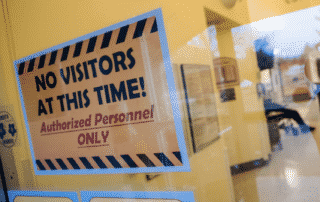Deadly Spread of Some Cancers May Be Driven by a Common Mouth Microbe
Source: Scientific American Author: Claudia Wallis Image courtesy of Fatinha Ramos When people hear that they might have cancer, perhaps the only thing more frightening than the C word is the M word. Metastatic disease—in which the malignancy has traveled beyond its primary site to other spots in the body—is responsible for nine out of every 10 cancer deaths. Recently an unexpected player in this process has emerged: a common bacterium. Fusobacterium nucleatum, which normally lives harmlessly in the gums, appears to have a role in the spread of some cancers of the colon, esophagus, pancreas and—possibly—breast. Laboratory studies and evidence in patients indicate that the microbe can travel through the blood and infect tumor cells by attaching to a sugar molecule on their surface. There it provokes a range of signals and immune responses known to cause tumor cells to migrate. If further confirmed, the work with F. nucleatum could add to a growing understanding of how the microbiome influences cancer progression and may even point the way to fresh approaches to treatment. In a healthy human mouth, F. nucleatum is a law-abiding member of the microbial community. With poor dental hygiene, uncontrolled diabetes and other conditions, however, it can go rogue and cause periodontitis, tonsillitis, appendicitis and even preterm labor. A connection to colorectal cancer was first hinted at about nine years ago, when two research groups discovered that the bacterium’s DNA was overrepresented in colon tumor tissue compared with normal tissue. Dozens of studies have since found [...]


